What are the sample social argumentative essays on flattery in life? Are teachers in Vietnam allowed to insult students' honor?
What are the sample social argumentative essays on flattery in life?
In today's society, flattery is becoming a worrying phenomenon, negatively affecting human relationships and community development.
11th-grade students can refer to the following sample social argumentative essays on flattery in life:
Sample 1
| In the development journey of a healthy society, honesty and fairness are core values that are indispensable. However, sometimes, these values are eroded by an unpredictable vice: flattery. Flattery is like a silent worm gnawing at transparency, pushing back fairness, and eroding the true capabilities of people. Reality has proven that if not promptly eliminated, this vice can leave severe consequences for both individuals and society. What is flattery? It is the act of excessively praising, flattering, or complimenting someone falsely for personal gain. The flatterer does not base their actions on truth or deserved recognition but uses flowery words and ingratiating actions to please others, especially those with power, status, or influence. They do not hesitate to overlook self-respect, honor, and even ethics to achieve their benefits. History and modern life are not short of examples of the harms caused by flattery. During feudal times, many dynasties declined because emperors were surrounded by flatterers who only knew how to praise but dared not speak the truth. These lies distanced the kings from reality, deprived them of an objective perspective, and led to incorrect decisions. A typical example is Emperor Tu Duc of the Nguyen Dynasty. Around him were conservative mandarins who praised the court instead of confronting the country's backwardness. As a result, Vietnam missed the opportunity for reform and fell into colonial domination. Even in modern society, flattery exists and infiltrates many fields. In the workplace, it is not difficult to find images of employees trying to flatter their bosses with sweet words but lacking responsibility and creativity in their work. They can easily climb to higher positions, while truly hardworking and dedicated colleagues are overlooked. This leads to injustice, reduces work motivation, and creates an unhealthy competitive environment. Flattery not only affects individuals but also distorts entire systems. When flatterers are favored, society falls into a whirlpool of deceit and decline. The decisions made will lack wisdom because they are based on baseless praise rather than data and truth. The consequence is stagnation, hampering development and harming the collective and national interests. The causes of flattery may stem from a lack of confidence in one's abilities, the desire for quick success, or an environment that values power over genuine capability. When an organization or society has unclear evaluation criteria and prefers "good words" over the unpleasant truth, flattery finds a chance to thrive. So, how can we eliminate flattery from life? First of all, every individual must be self-aware of the value of honesty and self-respect. Sustainable success cannot be built on deceit. Only when people live genuinely and contribute with their true abilities can they earn respect and deserved achievements. Additionally, leaders need to be clear-sighted and wise in evaluating people. Do not let false praise obscure the truth and overshadow true talents. Building a fair, transparent environment where capability is recognized and honesty is upheld is the most effective way to eliminate flattery. Be bold in saying no to false compliments and instead honor frank, constructive opinions. Only this way can society develop sustainably, and people truly live according to their values. Flattery is a shadow in social life, but we can completely dispel it with the light of honesty and self-respect. A fair and developed society can only exist when each individual knows how to live truthfully with themselves and values the truth. |
Sample 2
| In modern society, people need relationships and cooperation to develop together. However, in the process of communication, a vice still infiltrates and negatively affects the common development of society - that is flattery. Flattery not only distorts ethical values but also hinders progress and social fairness. Flattery can be understood as the act of using words or actions to excessively praise or flatter for personal gain, even when those praises do not reflect the truth. Those with flattery habits often praise those with power or higher status to gain attention, promotion, or certain privileges. The harm of flattery is great and widespread. First, it distorts the truth and obscures people's true abilities. A society where flattery is rampant will no longer be fair, as those skilled at flattery often occupy high positions, while truly capable individuals are overlooked. This creates dissatisfaction and removes the motivation for collective effort. Second, flattery deteriorates ethics and social interactions. When people become accustomed to speaking lies to please others, they gradually lose honesty, self-respect, and dignity. For leaders or those with authority, if they are not alert, they are easily surrounded by false praises, leading them away from reality and causing errors in their decisions. The causes of flattery are many, but primarily stem from the desire for gain, a lack of confidence in one's abilities, and the mindset of pursuing quick success. Moreover, in some bureaucratic working environments that value form over substance, flattery has even more opportunity to develop. To eliminate flattery from life, each individual must be aware of the value of honesty and self-respect. Use real abilities to affirm oneself instead of relying on flattery. For leaders, it's important to listen to diverse opinions and distinguish between sincerity and false praise. Building a fair, transparent environment is an effective way to minimize flattery. Flattery is a negative phenomenon that needs to be removed from social life. Only when people live sincerely, honestly, and rely on their capabilities can society develop sustainably and healthily. Say no to flattery to preserve a clean and fair society. |
* Note: The content is for reference only
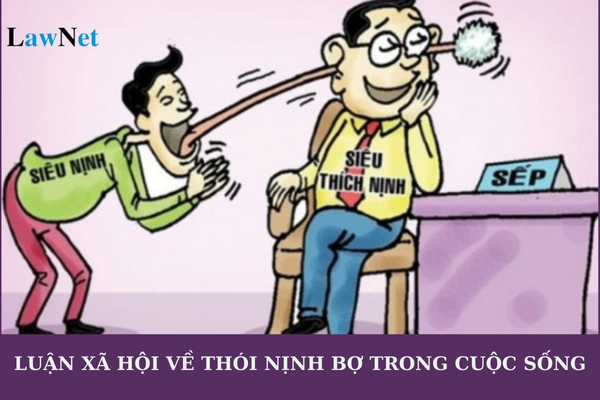
What are the sample social argumentative essays on flattery in life? Are teachers in Vietnam allowed to insult students' honor? (Image from Internet)
Are upper secondary school teachers in Vietnam allowed to insult students' honor?
Under point a, clause 1, Article 31 of the Regulation on secondary schools, high schools, and schools with multiple levels issued with Circular 32/2020/TT-BGDDT, the regulations are as follows:
Manners and attire of teachers and staff
1. Prohibited acts for teachers and staff:
a) Strip students and coworkers of their honor or dignity; infringe upon bodily integrity of students and coworkers.
b) Act dishonestly during an examination or admission process; act dishonestly during assessment of student performance; skip teaching or cut teaching or educational contents without permission.
c) Distort teaching or educational contents; teach wrong knowledge or contents that are against the education guidelines or viewpoints of the Communist Party of Vietnam and the State.
d) Force students to take extra classes for money; take advantage of educational sponsorship or assistance to forcibly extract cash or kind contributions.
dd) Smoke or consume alcohol or other stimulants while participating in teaching or educational activities.
e) Hinder support given to teaching or educational activities and other activities.
...
According to the above regulations, teachers are not allowed to insult students' honor.
What is the Standard regarding qualities for upper secondary school teachers in Vietnam?
According to Article 4 of the Regulations on Professional Standards for Teachers of General Education Institutions issued with Circular 20/2018/TT-BGDDT, the Standard regarding qualities for upper secondary school teachers in Vietnam is specified as follows:
Comply with regulations and practice teacher’s ethics; share experience, support colleagues in practice of ethics and making of virtues
1. Criterion 1. Ethics
- Qualified: The teacher complies with regulations on ethics
- Good: The teacher has the spirit of self-study, self-training and attempts to improve moral qualities;
- Excellent: The teacher is a role model in terms of ethics, shares experience, support colleagues in practice of ethics
2. Criterion 2. Virtue
- Qualified: The teacher has manner and method of working in conformity with works;
- Good: The teacher has awareness of self-training to create an exemplary virtue; great influence on students;
- Excellent: The teacher is a role model in terms of virtues, has great influence and support colleagues in making of virtues.

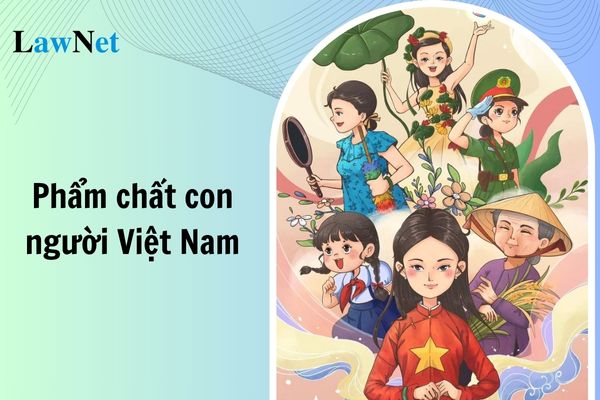
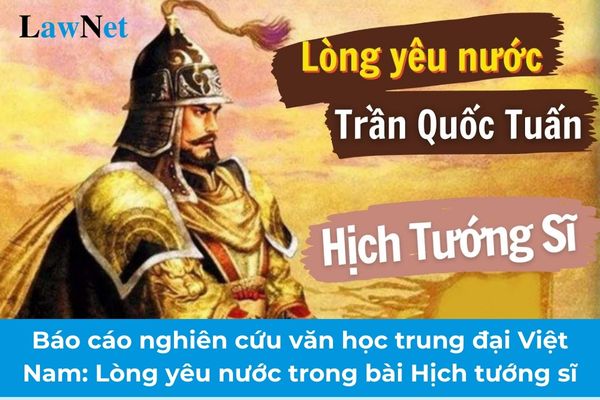
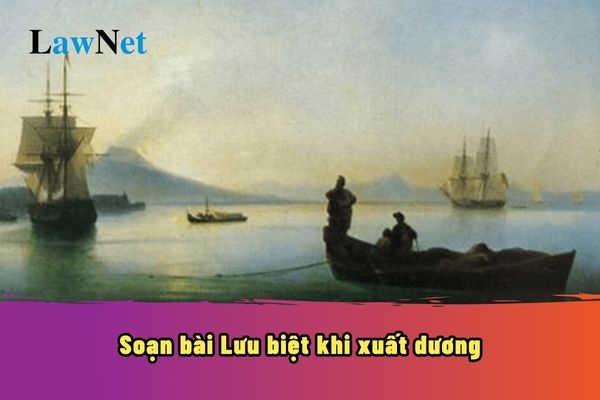


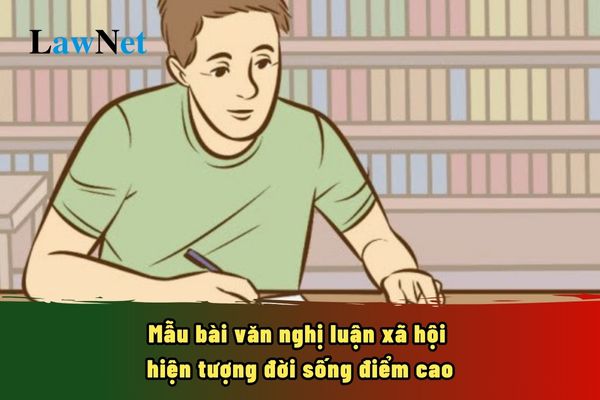
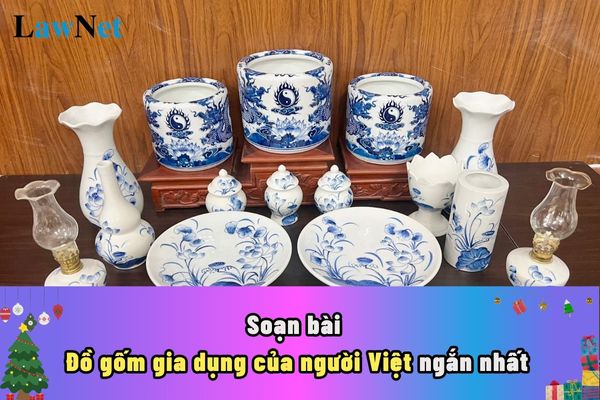
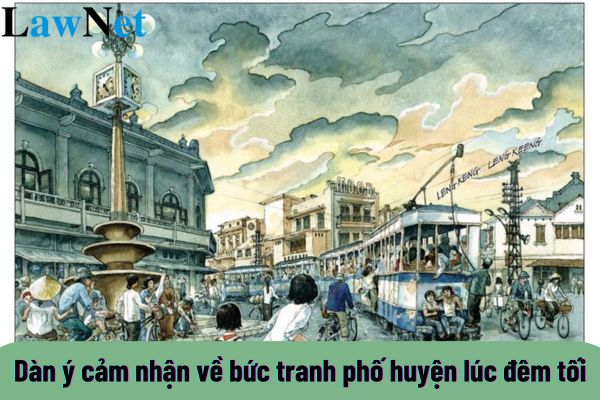
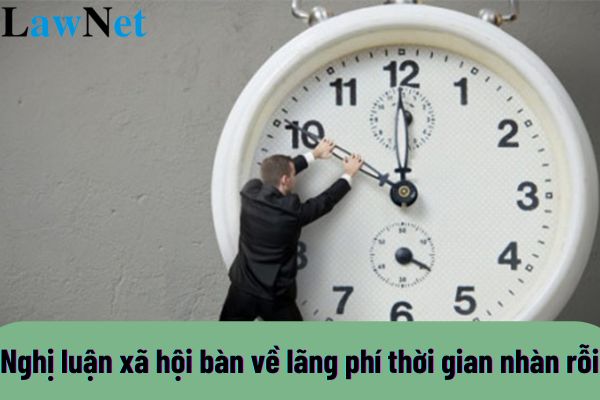
- What is the sample entry for the Excellent Preschool Teacher Contest? What are the regulations on educational activities in preschools in Vietnam?
- What is the sample argumentative essay on the role of Vietnamese youth in nation building? Is assessing 7th-grade students in Vietnam the responsibility of subject teachers?
- What are the sample introductions for an expressive essay about mother? Are 7th-grade students in Vietnam required to be able to write an expressive essay?
- What are the guidelines for preparing the lesson "Chiếu dời đô" for 8th-grade students in Vietnam? What genre does the work "Chiếu dời đô" in the 8th-grade Literature curriculum belong to?
- How many lessons does the National Defense and Security Education curriculum in Vietnam include?
- What are the Top 3 sample descriptive essays on hometown for 5th-grade students? When are 5th-grade students in Vietnam confirmed to have completed the primary education program?
- What are the best poems about sibling love in the family? What are the regulations on the assessment of the learning and training results of primary school students in Vietnam?
- What are the guidelines for preparing the shortest lesson "Một thời đại trong thi ca"? What are the criteria for selecting text corpus used in the Literature curricula in Vietnam?
- What are the sample argumentative essays on vulgar language and swearing among students? What is the code of conduct for students within schools in Vietnam?
- What are the sample explanative essays on some distinctive qualities of Vietnamese people? What does the writing practice in the 11th-grade Literature curriculum in Vietnam include?

